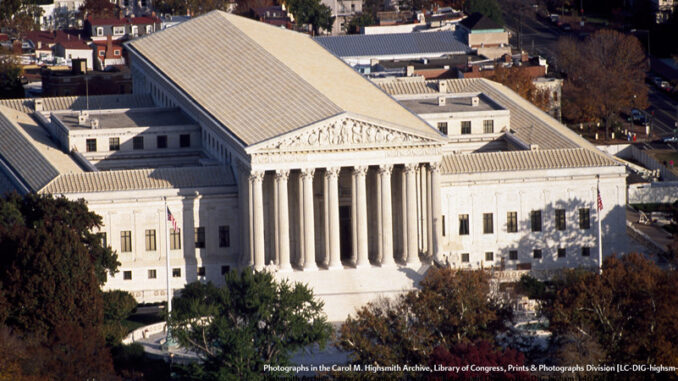
Did you watch Judge Amy Coney Barrett’s televised Supreme Court confirmation hearings last week? Many Americans tuned in to watch or read about the nearly twenty hours of hearings. Unlike other federal government offices, Supreme Court justices have no term limits–meaning that they can serve for life. So, whoever is chosen to take Justice Ruth Bader Ginsburg seat on the Court can affect legal policy for decades, maybe even generations. Here, btw takes a closer look at how the Barrett confirmation is viewed on both sides of the political aisle.

The Democrats made it clear in the hearings that they disapprove of Mrs. Barrett because she has legal views that oppose legislation important to the Democratic Party’s political agenda. The twenty-two members of the Senate Judiciary Committee spent twenty hours over a few days to learn more about Barrett’s views of legal matters that might come up to the Supreme Court. Such issues include the future of the Affordable Care Act—and the operations of health care systems in the United States, as well as the future of abortion rights for women,
One potential reason for the rush to appoint Barrett to the Supreme Court quickly is because a case involving the legality of the Affordable Care Act is scheduled to be heard by the Supreme Court very soon after the November 3rd election. If President Trump and the Senate Republicans can move quickly enough to approve Barrett, it would give an expected majority of conservative justices on the Court before a ruling on this health care matter is to be decided.
The confirmation hearings themselves revealed very little about the nominee herself. Barrett refused to answer many questions relating to controversial issues, such as her views on health care, abortion, and climate change. This type of non-answer is not unique to Barrett. Most potential justices in recent administrations (no matter which party nominates them) have avoided specific answers to pointed legal questions from the senators. There are two reasons for this: the nominee doesn’t want to give the senators any specific reason to oppose their appointment to the Court. And they don’t want to be on the record stating an opinion on a matter that might relate to future legal rulings.
Barrett followed a similar strategy when asked pointed questions about how she could rule on legal matters coming before the Court. Barrett stated that her predecessor, Justice Ginsburg followed a similar tactic of avoiding specific answers. When Democrats continued to press her about a 2017 law journal article she wrote criticizing Chief Justice Joh Roberts reasoning to uphold parts of the Affordable Care Act, she stated that she had no pre-determined agenda and was not on any mission to destroy the Affordable Care Act.
Why do Republicans see Barrett as a strong nominee?
For many conservative Republicans, Barrett is the perfect addition to the Supreme Court. She has worked as a law clerk for other conservative justices in the past; she is young; she balances her legal career with the demands of a growing family. Barrett has also indicated the preference of relying directly on the Constitution rather than on interpretations of the document when making legal judgements. This makes Barrett an “originalist,” meaning that she believes the Constitution has a fixed meaning, based upon how it was intended when it was written.
What are Democrats’ concerns with Barrett?
Even before Barrett’s name was announced as the nominee, Democrats pushed back about having to consider any Trump nominee this close to the end of his term. But their appeals to delay the vote have all failed. Democrats worry that Barrett’s originalist interpretation of the Constitution could signal legal changes to many legal policies that have become law in recent decades—including the Roe v. Wade (1973) decision that legalized some abortions and the Obergefell v. Hodges (2015) ruling that legalized same sex marriage.
Next Steps
It’s expected that the Senate will vote along party lines regarding Barrett’s confirmation: Republicans have the majority in the Senate, so it’s likely that Barrett will be successfully confirmed as the next member of the nation’s highest Court. The Senate’s confirmation committee will vote on October 22, followed by a vote by the full Senate a week before the election.
